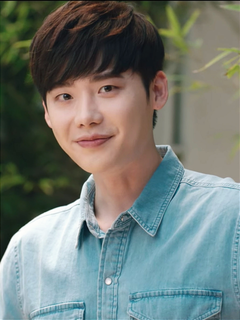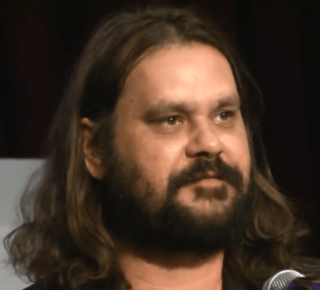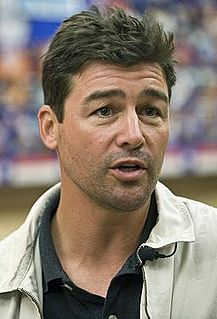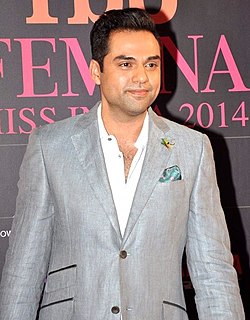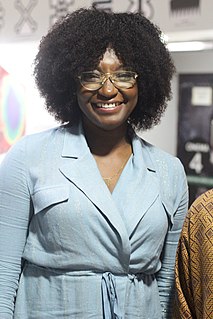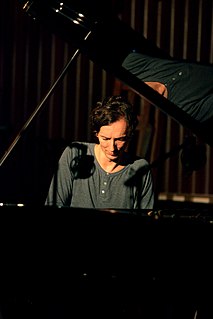A Quote by Sergio Leone
From Ennio [Morricone] I ask for themes that clothe my characters easily. He's never read a script of mine to compose the music, because many times he's composed the music before the script is ever written.
Related Quotes
What I do is give Ennio Morricone suggestions and describe to him my characters, and then, quite often, he'll possibly write five themes for one character. And five themes for another. And then I'll take one piece of one of them and put it with a piece of another one for that character or take another theme from another character and move it into this character.... And when I have my characters finally dressed, then he composes.
We see only the script and not the paper on which the script is written. The paper is there, whether the script is on it or not. To those who look upon the script as real, you have to say that it is unreal - an illusion - since it rests upon the paper. The wise person looks upon both paper and script as one.
It was quite frightening to be asked to write the music of a Western because there are so many things that you can refer to that can be cliche, and that could really poison your mind, from Morricone, to Bernstein, to Neil Young. So much music has been written for Westerns, that you wonder how you're going to find a new or different idea.
My favorite thing to do is rip the covers off a script when reading for writers to hire and make everybody read without names on the covers of the script. I can't tell you how many times my writers, women and men, will pick people of color and women much more often than they would with a cover on the script.
The script in many ways is limiting and novel is liberating. You get to go into the heads of your characters and their background and have fun with them; something you are discouraged from doing with a script. With the novel, I can tell you what the characters are thinking, I can tell you their view of the world, background information, things I wouldn't dare touch in the script.

